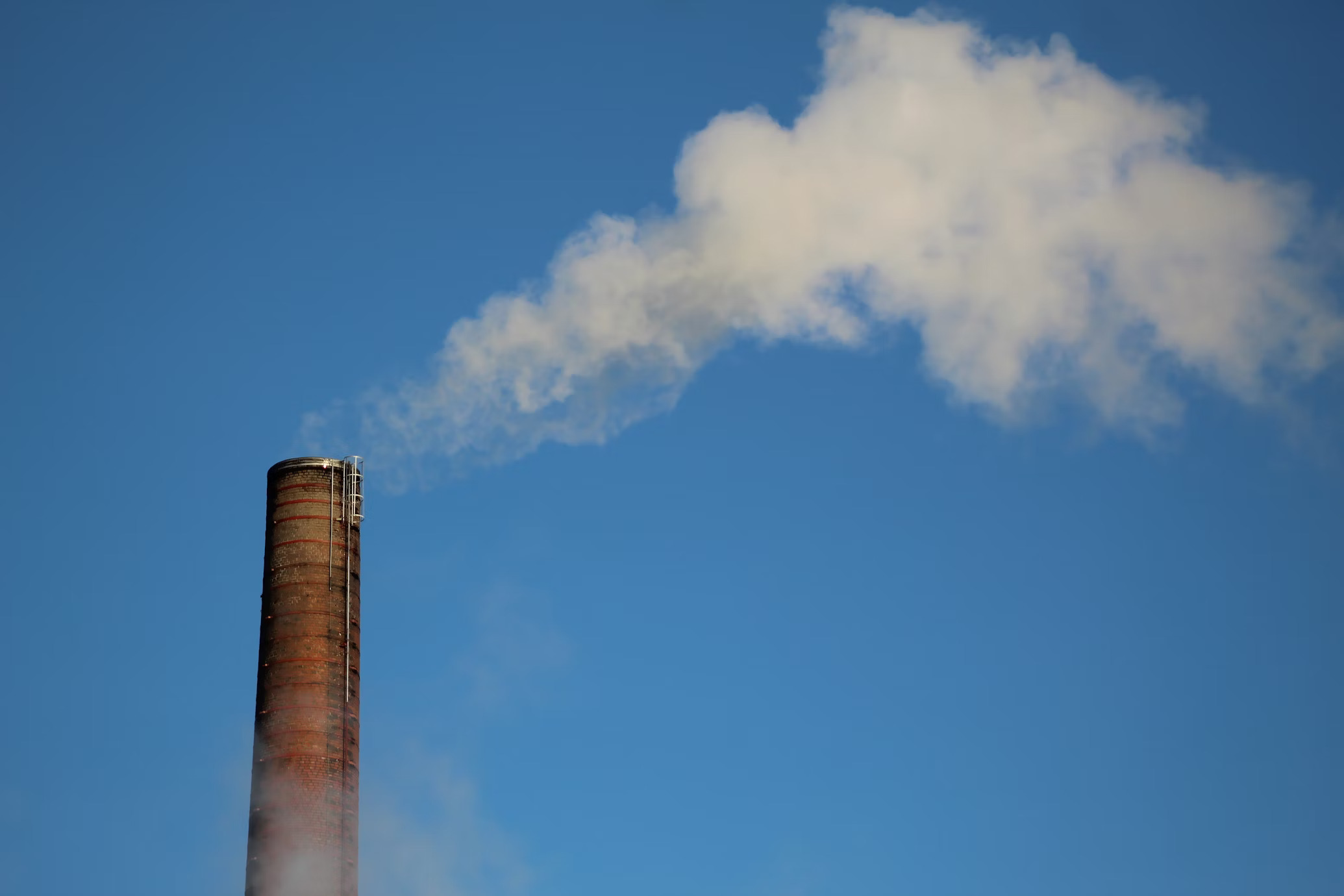Conservatives unite to oppose Libral’s carbon tax hike with ‘Axe the Tax’ rallies
来源:
红枫林新闻网
日期:2024-03-16 03:47:55
点击: 18967
(Aanchal Nigam / Red Maple)

Image: Unsplash
The carbon tax in Canada, which is part of the federal carbon pricing strategy, is set to increase on April 1, 2024.

Image: Unsplash
The carbon tax in Canada, which is part of the federal carbon pricing strategy, is set to increase on April 1, 2024.
For Ontario, Manitoba, Saskatchewan, and Alberta, the fuel charge will rise by 30% to $65 per tonne of emissions from $50.
This increase will translate to an additional cost of roughly three cents per litre for gasoline, bringing the total to 14 cents per litre.
“Putting a price on carbon emissions just makes sense,” said Prime Minister Justin Trudeau touting his government’s policy even as Conservative leader Pierre Poilievre puts the federal government on notice with his ‘Axe The Tax’ rallies nationwide.
The carbon pricing is designed to incentivize the reduction of greenhouse gas emissions and is a key component of Canada's commitment to addressing climate change. The goal is to reach net-zero carbon emissions by 2050.
Poilievre has been calling out the Trudeau government over the carbon tax hike and said “It is the last thing Canadians need.”
“After eight years of Justin Trudeau, Canadians are paying more for everything. Trudeau’s carbon tax has driven up the cost of groceries, gas and heating and many families are barely hanging on. Despite this, on April 1st, Trudeau will hike this tax again by 23 percent, as part of his plan to quadruple the carbon tax,” Poilievre said on March 14.
The carbon tax in Canada works by placing a price on the carbon emissions associated with the consumption of fossil fuels. This means that the more fossil fuels, such as gasoline, diesel, natural gas, and propane people consume, the more carbon tax they pay directly. These costs are added to the purchase price of these fuels.
In addition to the direct costs, there are indirect costs associated with the carbon tax. Companies that incur carbon tax expenses often pass these costs onto consumers in the form of higher prices for goods and services. As a result, the overall cost of living can increase due to the carbon tax.
Amid the growing resistance to the pollution pricing and rebate system amid ongoing affordability concerns, Trudeau responded to reporters’ questions on March 13 by panning the "political misinformation and disinformation" around the Liberal climate change plan and suggested it's an easy solution for "short-term thinker politicians" to call for it to end.
"My job is not to be popular—although it helps— my job, is to do the right things for Canada now, and do the right things for Canadians a generation from now," Trudeau said.
"And yeah, it's not always popular, but I know that doing the right things today… is going to make a huge difference in the path we take forward."
Meanwhile, Poillievre, whose ‘Axe The Tax’ rallies in Toronto drew thousands of supporters, said, “It’s clear that Canadians need relief, not more taxes. Nearly 70% of Canadians oppose Trudeau’s latest tax hike, while seven Premiers have asked the Liberal Government to spike the hike, including the Liberal Premier of Newfoundland and Labrador.”
While the Liberal government’s tax hike is set to take effect next month, Poillivire is not only hosting rallies across the country but has also signalled the resumption of the Conservative pressure campaign when the House of Commons resumes sitting on Monday, March 18.
“Next week, Pierre Poilievre will be forcing multiple votes in Parliament to spike Trudeau’s tax hike. It’s not too late for Liberal and NDP MPs to listen to the constituents they serve and join Common Sense Conservatives in calling for Trudeau to spike the hike. Conservatives have already sent letters to all NDP MPs and all Liberal MPs not in cabinet asking them to vote with us to restore affordability,” he said as the final vote is set to take place on March 21.
The carbon tax rebates provided by the federal government are not affected by income. This means that a wealthy family and a low-income family in the same city can receive the same amount in rebates, regardless of their lifestyle or energy consumption.
The rebates have a more significant impact on lower-income households. For these households, the rebates often make up a larger share of their total income and frequently exceed their carbon tax costs.
According to Statistics Canada, 94 per cent of households with incomes below $50,000 receive rebates that exceed their carbon-tax costs in 2023. Many in this income category see a net gain of between $20 and $40 per month, with some even seeing a net gain of $70 per month or more.
On the other hand, only about 55 per cent of households with incomes above $250,000 receive more in rebates than they pay in costs, Statistics Canada revealed. In this income category, many households experience a net impact ranging from a loss of $20 per month to a gain of $30 per month, with about 5 per cent seeing a net loss of $100 per month or more.
Only Ontario, Manitoba, Saskatchewan, and Alberta are the provinces covered by the federal carbon tax and rebate system. British Columbia and Quebec have their own carbon-pricing systems, and the Atlantic provinces were not included in the initial modelling because the federal carbon tax was only recently introduced there. However, a separate analysis by the Parliamentary Budget Officer (PBO) suggests that households in Nova Scotia, Prince Edward Island, and Newfoundland and Labrador will also receive more in rebates than they pay in carbon-tax costs on average.
相关新闻
-
暂无信息